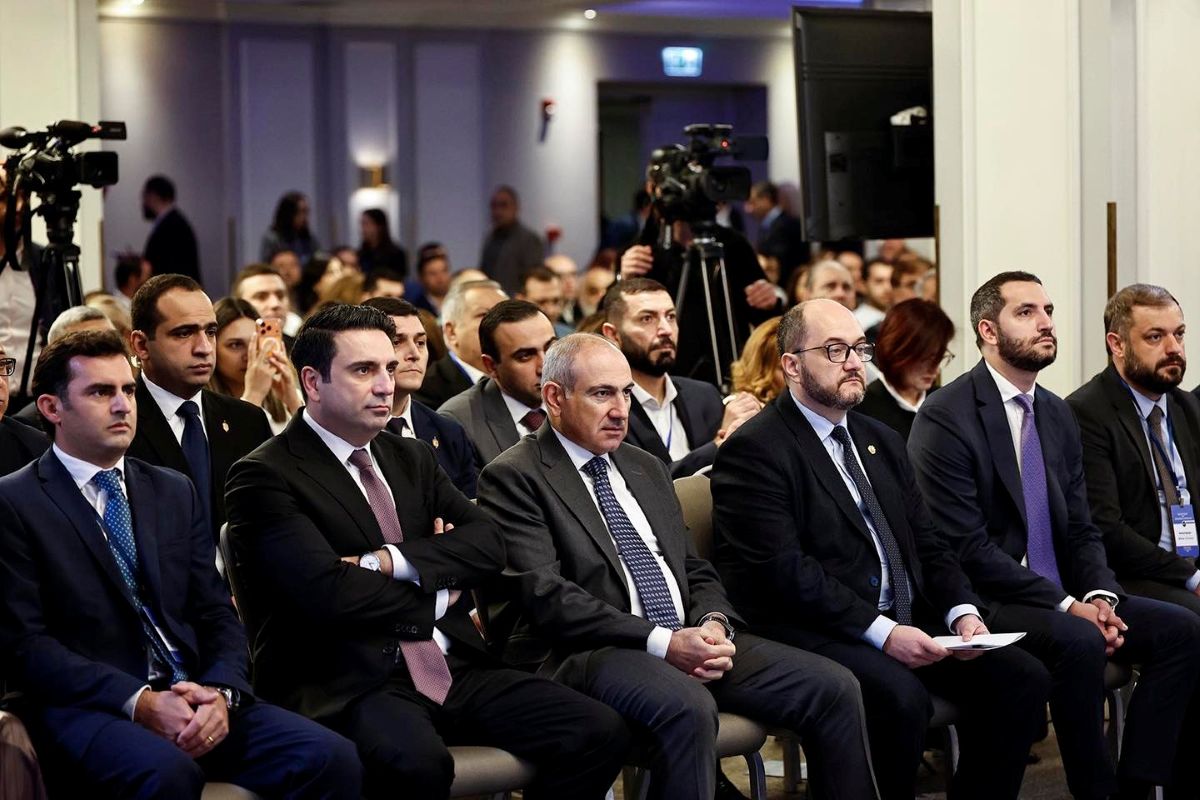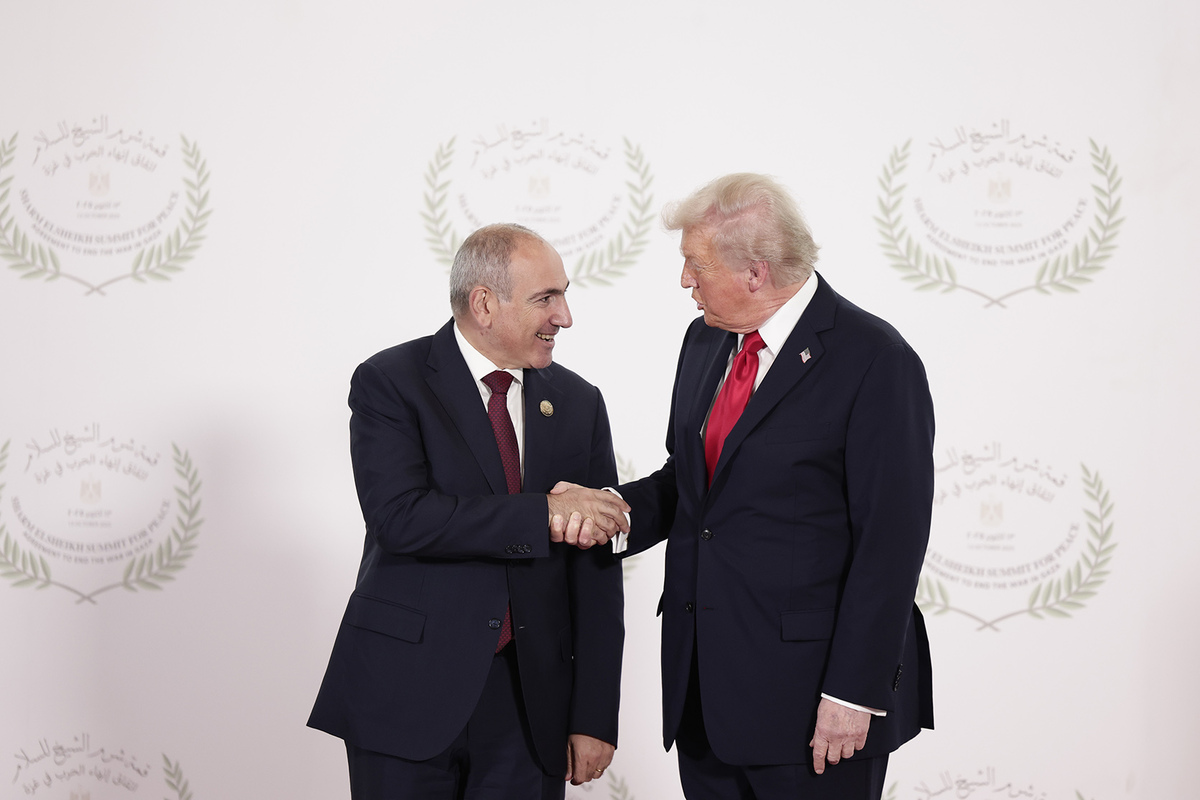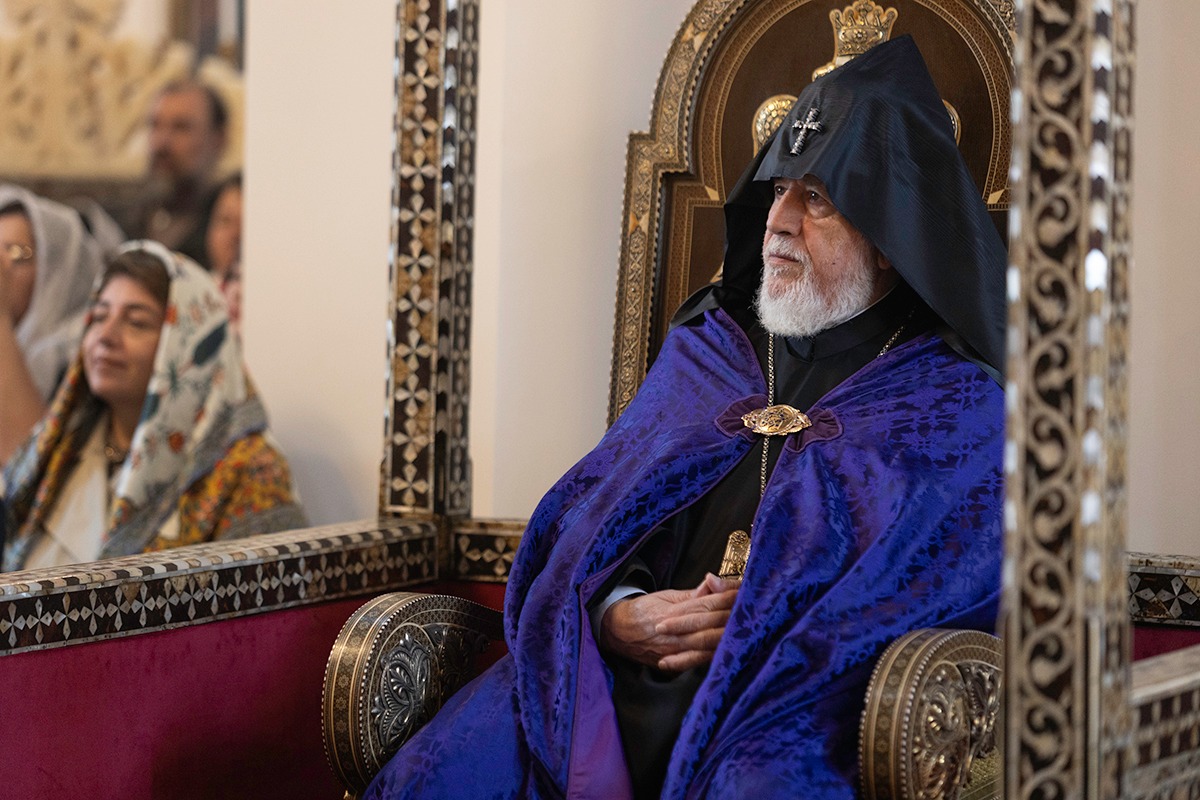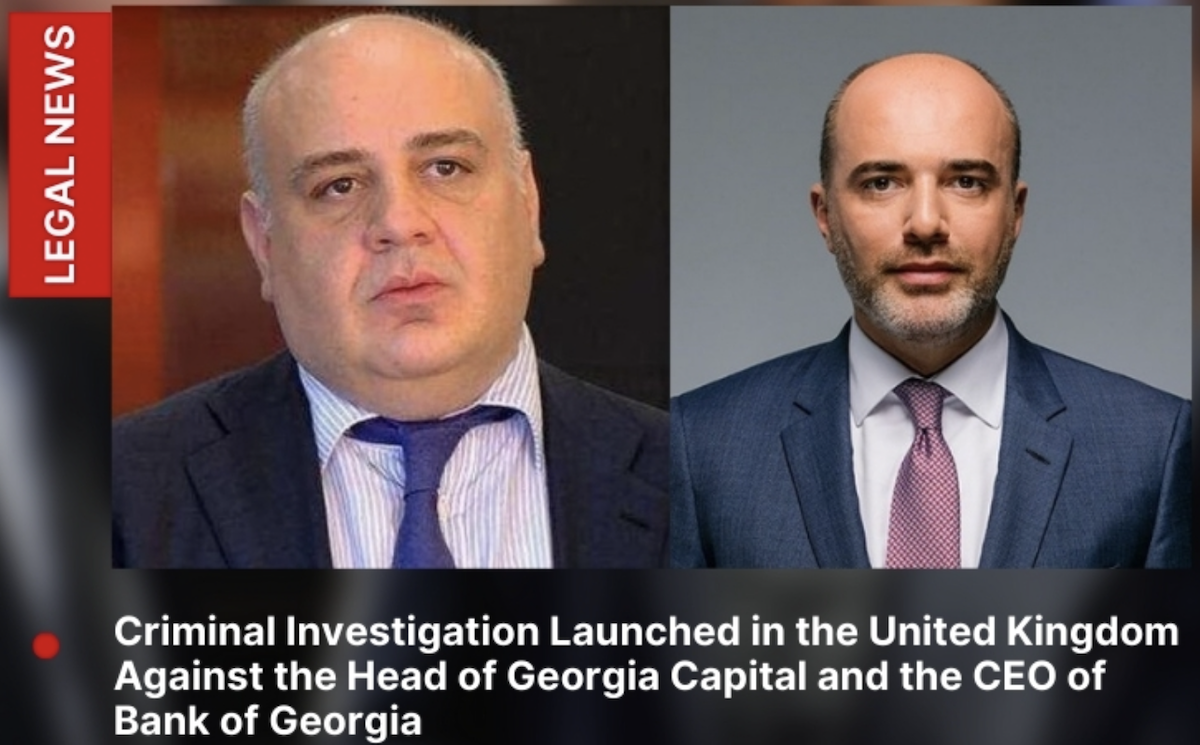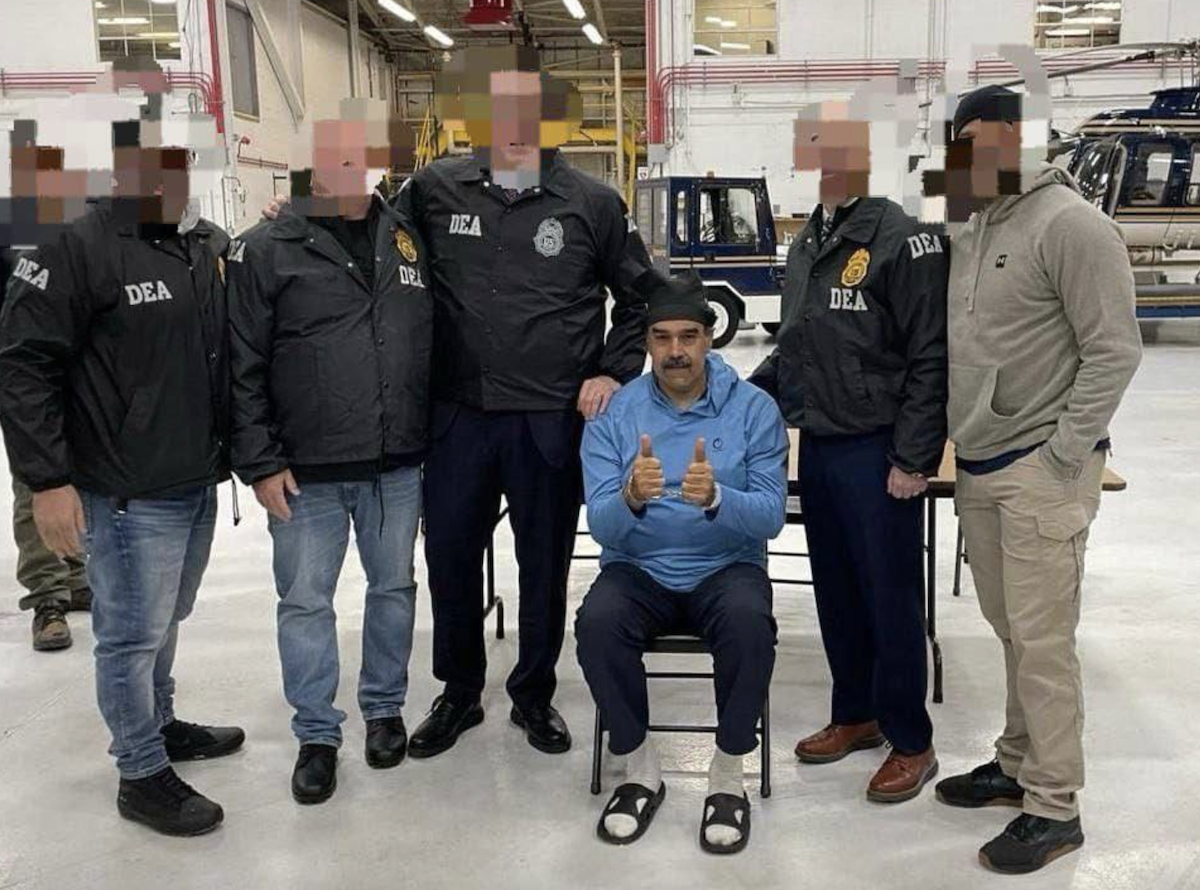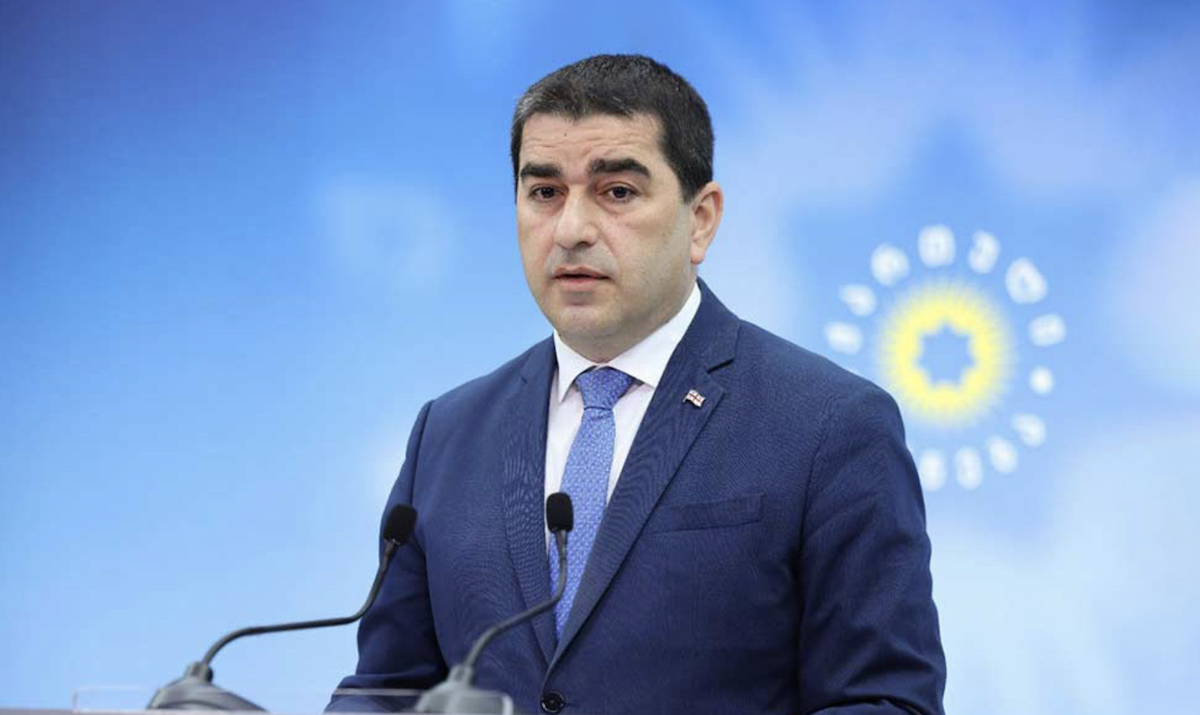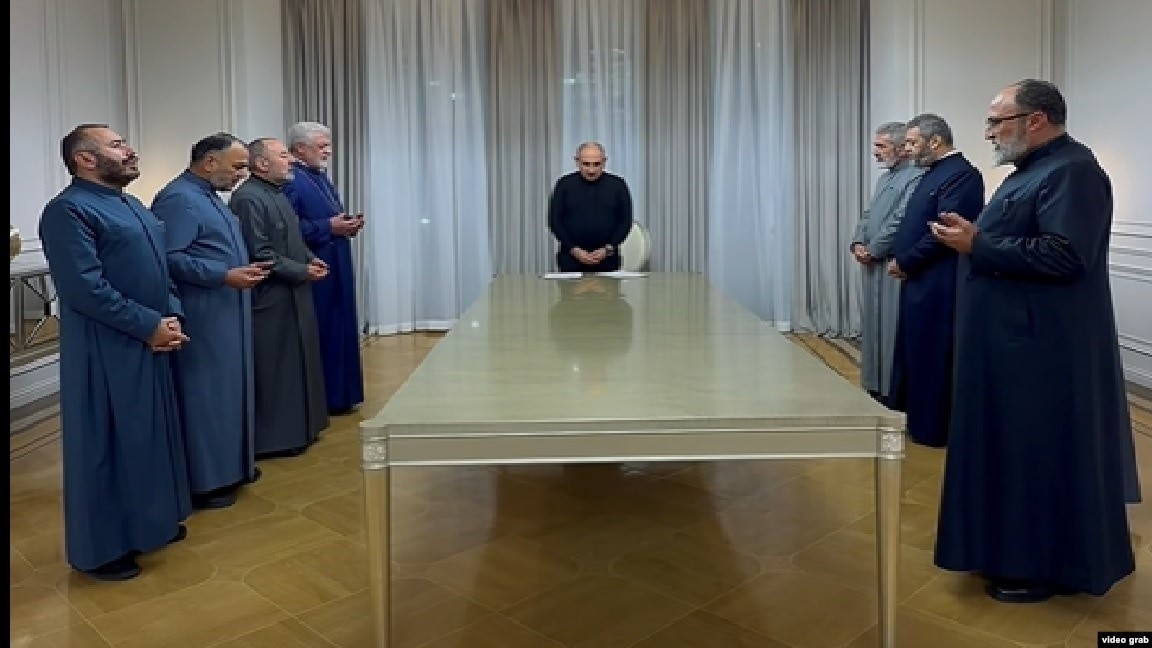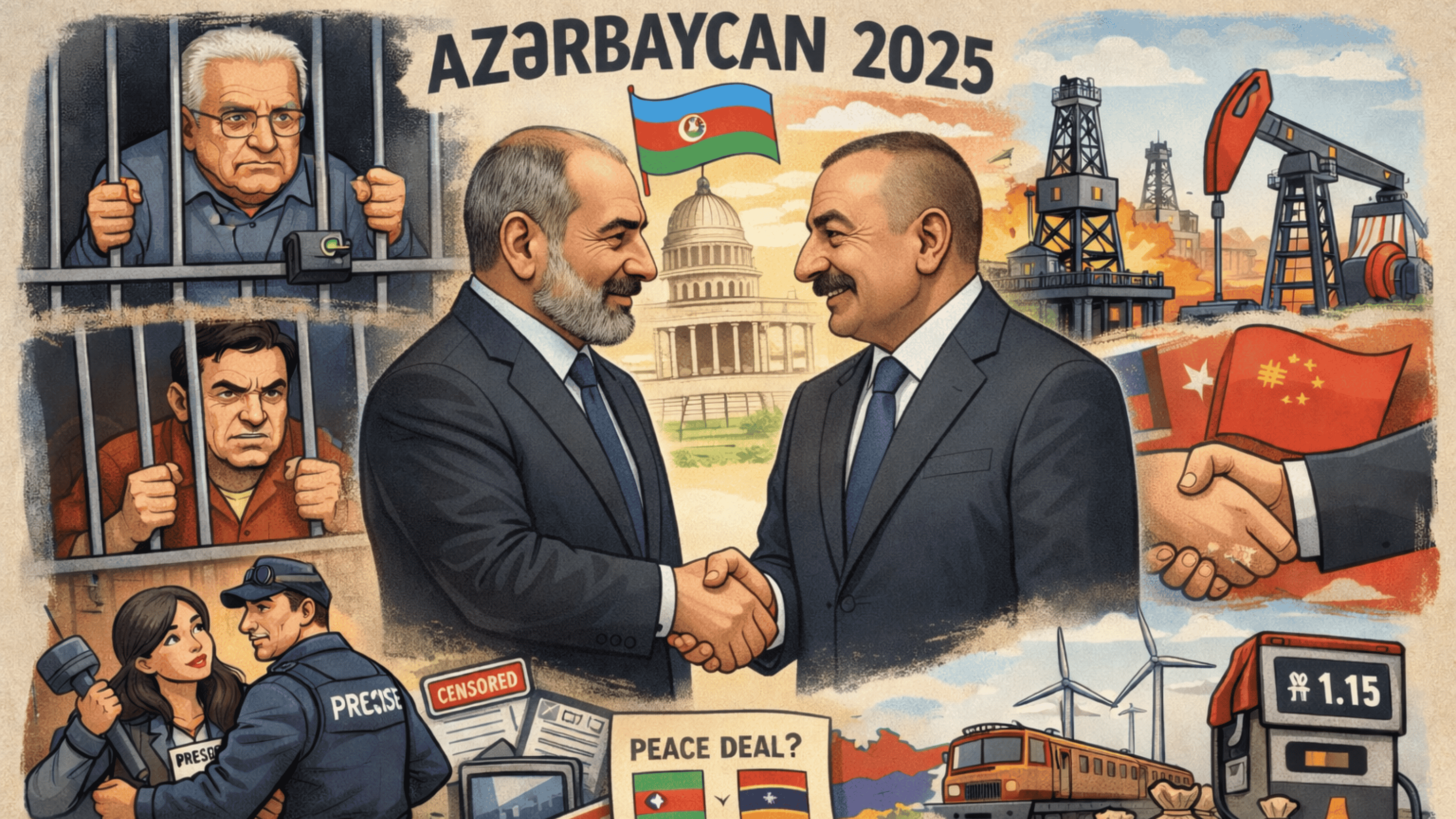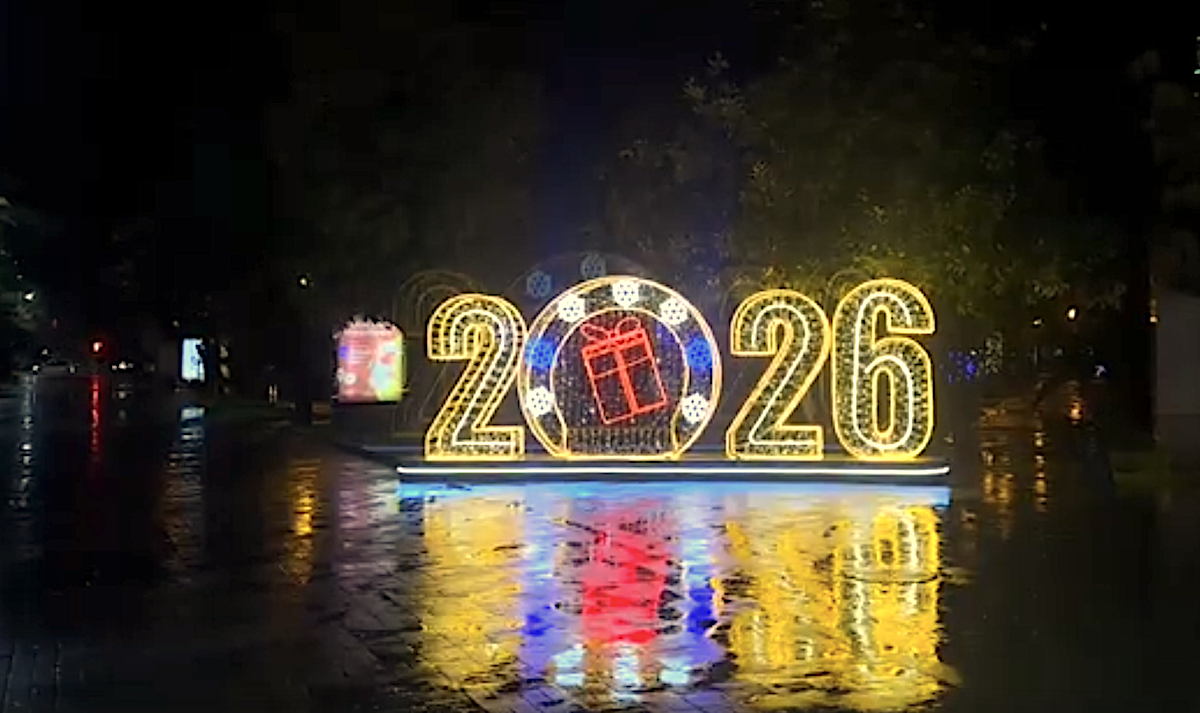Pashinyan: 'Peace means being able to travel between Armenia and Azerbaijan'
Armenia’s Prime Minister responded to a statement by Ilham Aliyev, in which the Azerbaijani leader said that Azerbaijanis would come to Armenia “not in tanks, but in cars.”
“Peace means being able to drive from Armenia to Baku and from Azerbaijan to Yerevan. If the discussion is about something else [referring to the return of Azerbaijanis who left Armenia to live permanently], then this agenda is dangerous for peace,” Nikol Pashinyan said during his latest briefing.
This time, the briefing lasted half an hour instead of the usual hour allocated for meetings with journalists. Immediately after the briefing, the prime minister posted a short video on social media, describing it as “dispassionate.”
“The more intimidating the headlines, fears, and assessments in some media and on social networks look, the more calmly we communicate with journalists,” Pashinyan said.
“This approach has applied not only to today’s briefing, but over a fairly long period. It shows that the storms created on social media and in some media outlets are artificial — they are fake.”
He concluded that, in reality, “everyone knows that these reports are fake; otherwise, all these alarming signals would become topics for questions and answers at the briefings.”
- Trump Route: Western illusion or turning point in South Caucasus?
- ‘We won’t become best friends, but Azerbaijanis’ perception will change’ – Armenian political analyst
- Armenian political analyst: ‘Aliyev sabotages peace process initiated by Trump’
Pashinyan comments on Aliyev’s statement about maps from the Tsarist era
Discussions continue in Armenia over Ilham Aliyev’s recent statements about maps from the Tsarist era. Journalists asked Prime Minister Nikol Pashinyan to respond to the Azerbaijani president’s claim that most of the toponyms on early 20th-century maps of what is now Armenia allegedly have Azerbaijani origins. Aliyev, in particular, said that Lake Sevan was marked as “Goycha” on these maps.
In response, Pashinyan said that if journalists examined the map themselves, they would see even more “unfavourable” facts about Azerbaijan:
“The map clearly shows Armenia in the area of modern Armenia. It does not show Azerbaijan in the territory of present-day Azerbaijan.”
Pashinyan also argued that historical debates are dangerous for peace and, after the Washington agreements of 8 August 2025, “they have no real purpose.”
Regarding the name “Goycha” and other so-called Azerbaijani toponyms, he asked:
“Who says they are Azerbaijani? These names are Turkish, Persian, Arabic, Mongolian, and in some places Russian.”
Wheat from Kazakhstan was expected to transit through Azerbaijan, but Russian supplies arrived instead
The prime minister said Armenia had initially expected a train from Kazakhstan, but plans changed:
“Azerbaijan offers the same opportunity to trains from Russia. Requests are now being made to export specific goods from Russia to Armenia along this route. Freight flows are starting to shift to transit through Azerbaijan.”
Pashinyan confirmed that Armenia is also ready to allow Turkish and Azerbaijani trucks to travel between Turkey and Azerbaijan in both directions. He specifically mentioned the Margara-Kornidzor route.
The prime minister welcomed Russia’s activity in railway freight to Armenia via Azerbaijan and recalled his earlier statements responding to criticism of the Washington agreements, noting that they would support Armenian-Russian relations.
“And three months later, we already have concrete results — 132 wagons [of wheat from Russia]. Imagine how many trucks that equals. I welcome Russia’s activity and want to emphasise that this fully matches our expectations for developments after 8 August,” Pashinyan said.
On the night of 6 November, around 1,000 tonnes of wheat from Russia arrived in Armenia. This became possible after Azerbaijan decided to allow transit to Armenia through its territory. Russia’s Ministry of Transport announced plans to export 132 railway wagons of wheat to Armenia via Azerbaijan by the end of January 2026.
Pashinyan suggested that by the time the first train from Kazakhstan arrives in Armenia, additional trains might also reach Yerevan:
“I expect there could be more trains. The situation is constantly changing as new requests come in.”
The prime minister also discussed the possibility of freight moving in the opposite direction — from Armenia or Georgia through Azerbaijan to Russia, Kazakhstan, and other countries.
“It is necessary to clarify how goods will move in the reverse direction. I am confident that over time the public will receive this information as well,” he said.
‘Armenian Apostolic Church left without a Catholicos‘
Responding to questions about tense relations between the authorities and the senior clergy, Pashinyan said that the Armenian Apostolic Church is effectively without a Patriarch:
“If Ktrich Nersisyan [the secular name of the Catholicos] has a child born after taking a vow of celibacy, can he hold the position of Catholicos of All Armenians? Why is this question not raised in Armenia? Ktrich Nersisyan is not a Catholicos. The Armenian Apostolic Church is left without a Catholicos. There is a person occupying this status illegally.”
Journalists also asked the prime minister for his view on the awarding of the Order of Alexander Nevsky to the Catholicos’s brother. Russian President Vladimir Putin personally took part in the ceremony awarding the head of the Russian and Novo-Nakhichevan Diocese, Archbishop Ezras Nersisyan. Pashinyan responded:
“Any country is free to award anyone, including an Armenian bishop. Our law does not forbid this. Not to mention that the recipient may also hold Russian citizenship. That cannot be excluded either.”
On 25 March 2025, the Russian president awarded Archbishop Ezras the Order of Alexander Nevsky for his contributions to the Council for Interaction with Religious Associations. However, the award ceremony took place in Russia only recently, on National Unity Day. Photos and videos of the Armenian clergyman being honoured by Putin circulated on social media and sparked widespread debate.
Journalists reminded the prime minister that he had previously called the Catholicos’s brother “a KGB agent,” and he confirmed his statement:
“Published facts and documents show that he was recruited by the KGB back in the Soviet era. That is a fact.”
Pashinyan briefing 6 November










